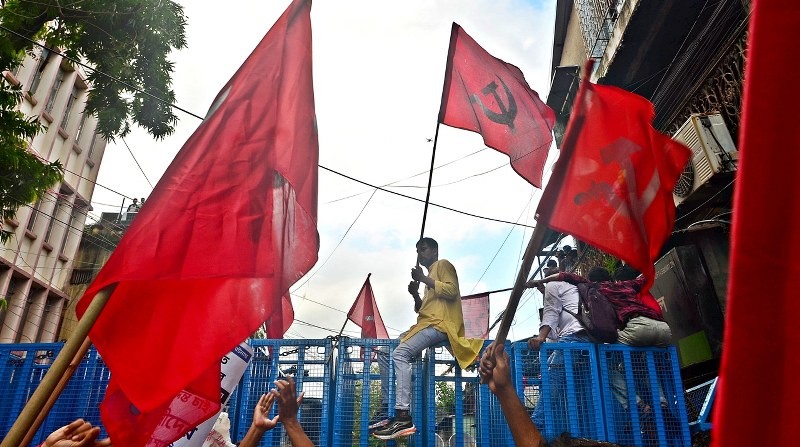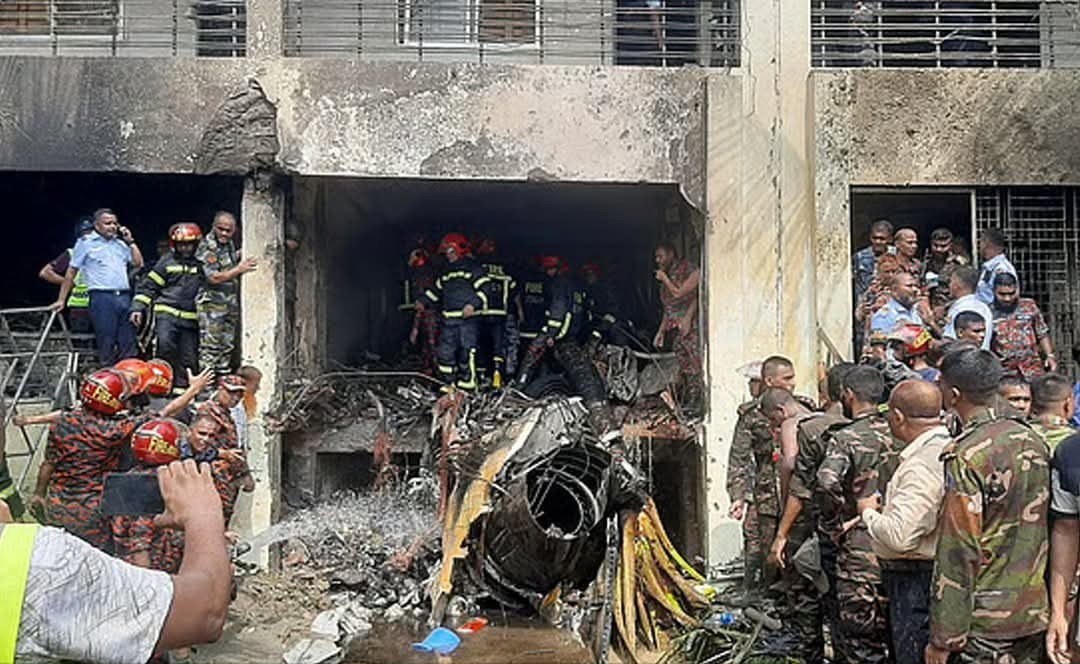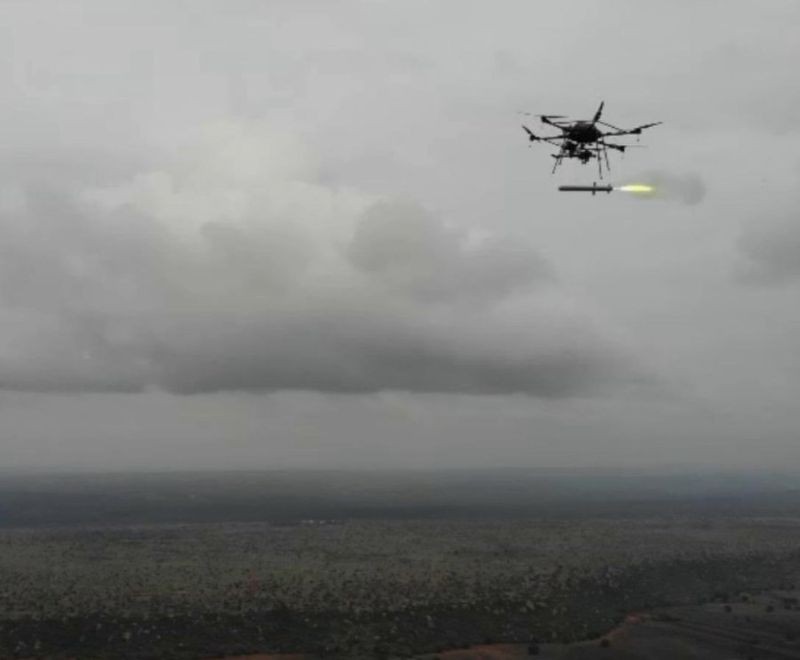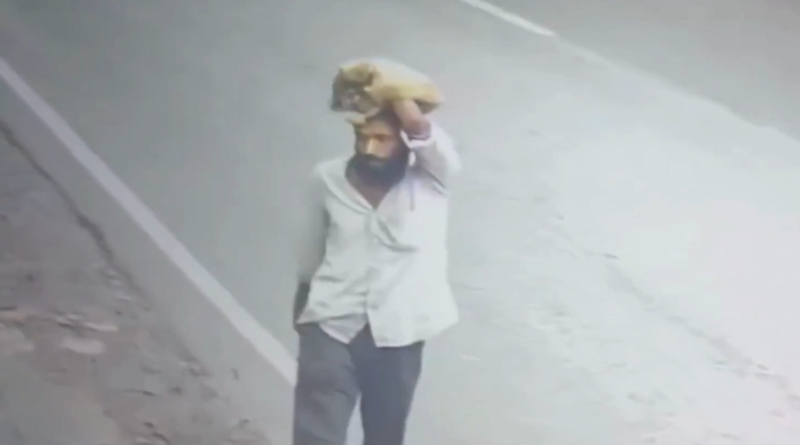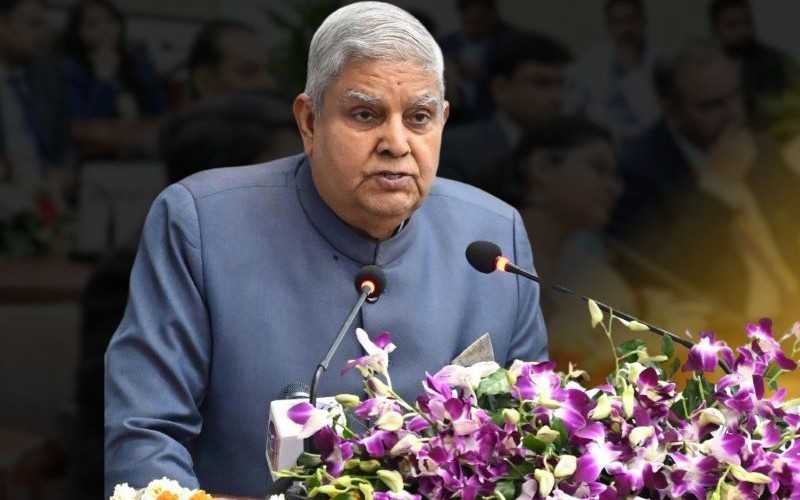6 months after death, Calcutta HC orders IIT-Kharagpur student's body be exhumed for second autopsy

Kolkata/IBNS: The Calcutta High Court has ordered the exhumation and the second autopsy six after the death of an IIT Kharagpur student Faizan Ahmed's body, media reports said.
On October 14 last year, Ahmed’s body was found in his hostel room at IIT Kharagpur in West Bengal's Paschim Medinipur district.
Ahmed's father appealed to the court and requested a Special Investigation Team (SIT) investigation into the death of his son, who was a third-year student.
The high court took note of the affidavit filed by Ahmed’s parents, providing their consent for his body to be exhumed and a second post-mortem to be conducted.
Justice Rajasekhar Mantha directed the exhumation and the second autopsy stating that it is "vital and necessary for arriving at the truth behind his death".
The high court ordered the investigating officer to work with the Assam Police to arrange for the exhumation.
Justice Mantha instructed the West Bengal police to transport Ahmed's body back to Kolkata.
Dr Ajoy Kumar Gupta, who conducted the first post-mortem examination on Ahmed's body, will also perform the second autopsy in the presence of other medical professionals.
Gupta was appointed by the court as a forensic expert and is expected to provide his expert opinion on the probable reason for Ahmed's death. The case has been adjourned until June 13th.
According to a preliminary report submitted to the court, Dr. Gupta, a former forensic expert of the state CID, stated that the initial post-mortem report did not mention the two marks of injury found on the back of Ahmed's head.
After the student's death, cut marks were found on the arms, as per the report.
The police found a bottle of Emplura (sodium nitrate) in the student's hostel room.
Emplura, a yellowish chemical powder, is typically utilized as a meat preservative, according to Sandip Bhattacharya, who is serving as the court-appointed amicus curiae.
According to the report, Dr Gupta and Sandip Bhattacharya found some yellowish substance in a bucket that was present in the hostel room during the investigation.
It was mentioned in court that there was no odour coming from the body for the past three days, which was considered mysterious.
"The presence of this chemical Emplura opens up serious questions as regards the time of death and whether it may have been used to preserve the body after the death of the victim," Justice Mantha observed, reported India Today.

